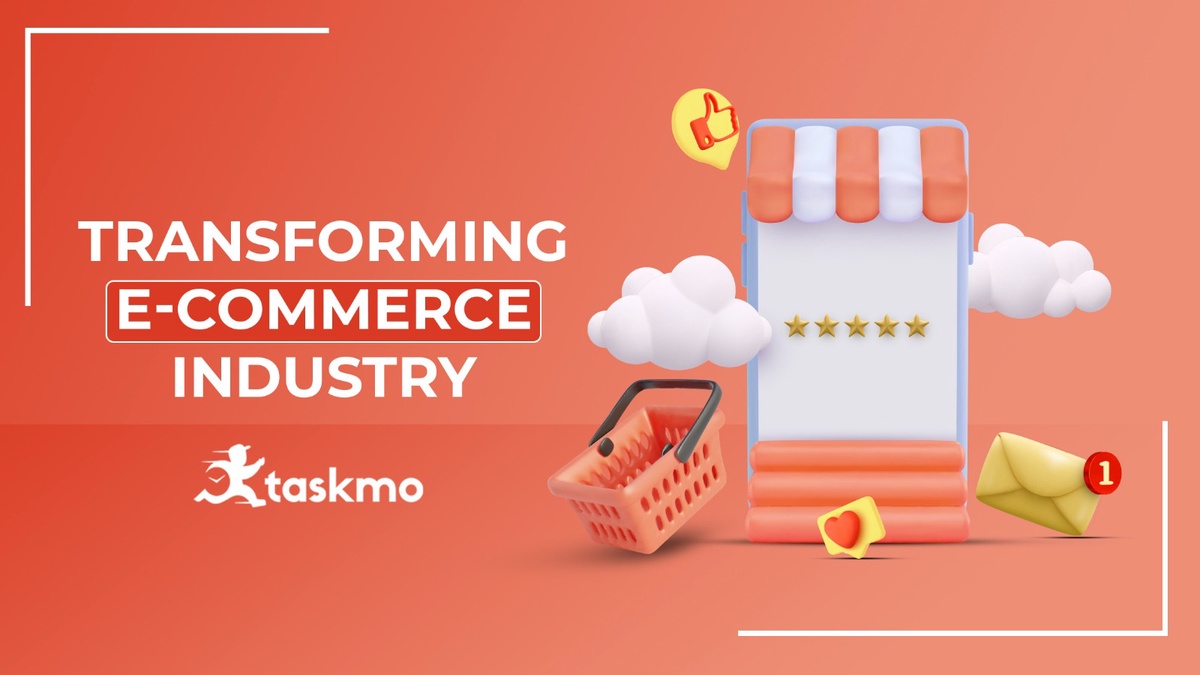In India's e-commerce landscape, quick-commerce is increasingly becoming a buzzword. It is a recently formed sub-segment of the rapidly evolving e-commerce industry, which has experienced explosive growth in the era of instant gratification due to its business model rooted in speedy delivery within 10 to 15 minutes. Hence, Q-commerce has altered the dynamics of the online retail market by striking the right blend between delivery time and resource availability. Therefore, E-commerce enterprises are reinventing themselves by incorporating the dark store model in their business strategies, which blends the advantages of conventional e-commerce with exceptional last-mile delivery.
The pandemic-induced shift in customer behaviour towards embracing online services as a successor to the local kirana stores and the increased value of speed and convenience has fueled its expansion. Hence, industry projections indicate that the Q-Commerce market in India will increase by 10-15x to reach about $5.5 billion by 2025. Given that about one-third of India's US$1 trillion annual retail expenditure goes towards food and everyday essentials, there are plenty of opportunities for the Q-commerce sector to amp up the E-commerce industry.
Following are a few aspects of how Q-commerce has transformed the logistics industry:
1) Last-mile route optimisation
Optimising the final mile is essential since it is the cornerstone of real interaction between the product and the buyer. Hence, delivering items effectively and on schedule will encourage customer satisfaction and loyalty. Thus embracing cutting-edge technologies such as data analytics, AI and route optimisation tools is crucial since businesses can leverage data to study patterns in customer behaviour, traffic and delivery to reduce operational costs. Thereby eliminating unnecessary diversions and reducing delivery times to improve the customer experience. Additionally, by collaborating with third-party logistics providers, outsourcing delivery services may help businesses save money.
2) Dark store business model
Q-commerce employs actual shops or micro-fulfilment centres, known as "dark stores," to reach a more extensive customer base in the neighbourhood. These micro-fulfilment centres or tiny warehouses utilise click-and-connect capabilities and large stock volumes to efficiently support order delivery in a region within a 2-3 kilometre radius. Q-commerce is increasingly leveraging the dark shop strategy since it provides businesses with information on their inventory levels, allowing for enhanced inventory management and selection. Additionally, the dark shops are also integrating cutting-edge technology during the loading, storage, and pick-up stages to operate more efficiently. As a result, incorporating dark stores strategy in Q-commerce offers vast possibilities for revenue to the online retail industry due to inventory transparency and superior storage capacity for a more extensive selection of products.
3) Particular products/goods
Quick commerce progressed quickly as the e-commerce sector broadened its reach to include categories that concentrated on high-demand everyday necessities, including groceries, frozen goods, fresh fruits, medicines, and vegetables, due to evolving customer behaviour. Additionally, based on the categories, online merchants select the stock and its SKU due to thorough market research, which gives them a perfect understanding of market demand and variations in flexible demands. However, as the majority of the items in the grocery market are perishable, customers expect their orders to be delivered as soon as possible after placing them. As a result, online merchants are enhancing efficiency and fulfilling orders rapidly by optimising storage operations, packing goods quickly, and shipping them out right away.
4) Customer retention
Today's customers have high expectations since they readily download a rival app if they cannot discover their favourite goods or receive their scheduled delivery. Hence, Quick commerce firms seek to redefine consumer spending patterns to increase customer loyalty by concentrating on selling goods that need to be replaced frequently and providing clients unparalleled speed and convenience. As a result, the Q-commerce business model is backed by advanced technology that works in the background to speed up the whole order-to-delivery cycle through accurate order dispatching, rider allotment, route optimisation, and real-time tracking. Additionally, it also enables the customers to use the app's order monitoring function to keep track of their orders, ETAs, and the passage of time and communicate with the designated delivery agents, thereby enhancing customer satisfaction and resulting in customer retention.
Conclusion
The fast-growing e-commerce branch is known as "quick commerce" helped establish the modern delivery sector. Hence the startups are already revamping their business strategies by incorporating the Q-commerce model powered by the rise of state-of-the-art technologies such as drones, electric vehicles, dark store automation, voice ordering, etc. Indian e-commerce businesses must embrace this approach to stay ahead of the curve, given the industry's intense rivalry since Q-commerce is indispensable for newer upgrades of the e-commerce supported by cutting-edge last-mile logistics technology, planning, and execution.



No comments yet